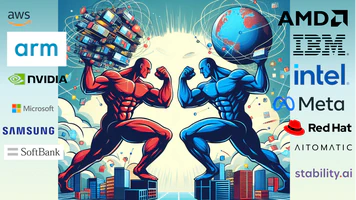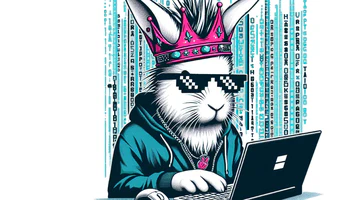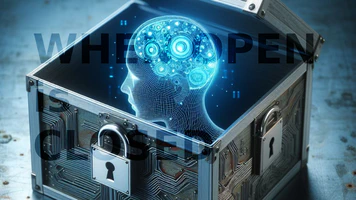
Coqui XTTS and the Coqui Public Model License: A Close Look at Non-Commercial Use and Copyright Law
- Justin Riddiough
- September 22, 2023
In the landscape of artificial intelligence, where algorithms autonomously generate art, music, and text, a new question arises: What happens when a machine creates, and do the same rules apply? The Coqui Public Model License (CPML), a unique licensing framework, attempts to answer these questions by putting a spotlight on non-commercial use. However, its jurisdiction, especially in the United States, remains a matter of debate.
The Coqui Public Model License (CPML)
Let’s start with the basics. The CPML, coined by the minds at Coqui AI, is a license that strictly permits non-commercial use of a machine learning model and its outputs. In essence, it’s the fine print that governs how you can utilize AI-generated content, including art, music, and text.
Under CPML, non-commercial purposes encompass a broad spectrum of activities, such as personal research, experimentation, and hobby projects. It also extends a hand to charitable organizations for charitable purposes and non-commercial research and development by commercial entities. However, it draws the line at revenue-generating activities, which means that projects directly funded by government grants may not qualify.
CPML vs. Free Software/Open Source Licenses
To put CPML into perspective, it’s helpful to understand how it differs from traditional open-source licenses. Open-source licenses, like the MIT License or the GNU General Public License, promote the sharing of code and usually don’t place restrictions on commercial use. CPML, on the other hand, pivots towards safeguarding non-commercial pursuits.
Open-source licenses, like the MIT License or the GNU General Public License, promote the sharing of code and usually don’t place restrictions on commercial use.
This distinction between CPML and open source raises an intriguing question: How does the AI-generated content created under CPML fit into the broader landscape of open source and free software?
Legal Implications in the U.S.
A critical point of contention is whether the CPML holds water legally, especially in the United States. The U.S. Copyright Office’s interpretation of copyright law doesn’t typically extend protection to works solely generated by AI without human involvement. This means that the creative spectrum hinges on a “de minimis” standard, which assesses the degree of human authorship in AI-generated works.
The U.S. Copyright Office’s interpretation of copyright law doesn’t typically extend protection to works solely generated by AI without human involvement.
The recent Stephen Thaler v. Shira Perlmutter case, decided by the U.S. District Court in Washington, D.C., reinforced this stance. The court upheld the view that AI-generated works require a human touch to be eligible for copyright protection.
Practical Considerations
Enforcing CPML’s non-commercial clause presents its own set of challenges. Distinguishing between human and AI contributions can be complex, and practical considerations may sometimes blur the lines. Jurisdiction also plays a crucial role in determining the applicability of the license.
Its compatibility with traditional open-source philosophies and its legal standing in the United States remain areas of scrutiny. Questions about the role of humans in AI creativity and the practicality of enforcing such licenses continue to shape the debate. The future of AI-generated content and licensing frameworks, especially within the confines of U.S. copyright law, is a subject that promises further exploration and discussion.
Follow AI Models on Google News
An easy & free way to support AI Models is to follow our google news feed! More followers will help us reach a wider audience!
Google News: AI Models

